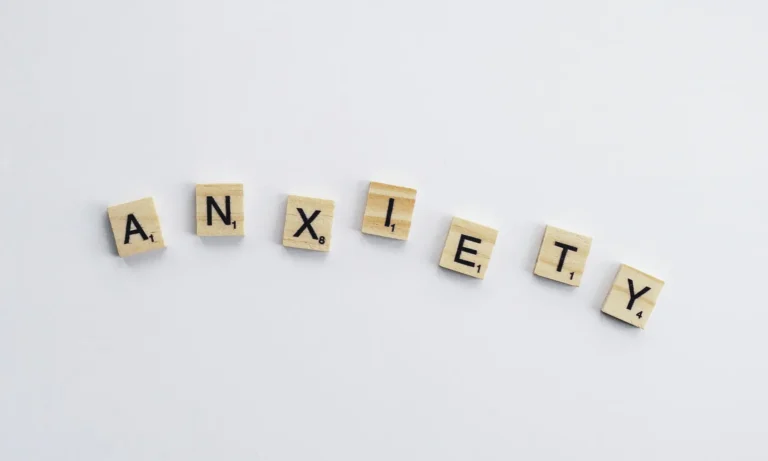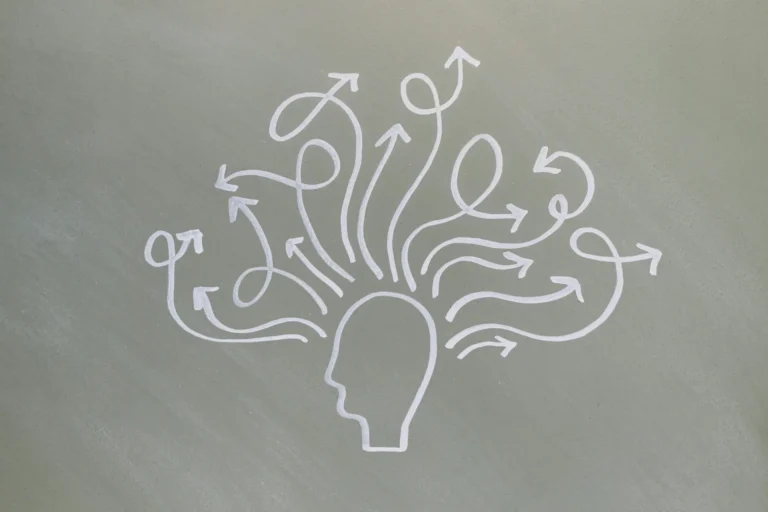Hypnosis for Anxiety and Depression
Book Your Session Now
Seeking Relief from Anxiety or Depression?
Explore a Different Path to Healing
Do you suffer from anxiety, depression or both?
Perhaps you have tried other traditional strategies and you are in search of an alternate approach?
Break Free from Anxiety and Depression: Discover the Power of Hypnotherapy
You can alleviate anxiety and depression with hypnotherapy.
Take back control of your life with hypnosis.


Unlocking the Root Causes of Anxiety
How Hypnotherapy Can Help
Hypnotherapy can be an effective approach to help people identify and address the underlying causes of their anxiety.
It involves guiding a person into a deep, relaxed state where they are more focused and open to suggestion. This calm state can allow the person to explore the psychological and emotional components of their anxiety.
The goal of hypnotherapy for anxiety is to help people access their subconscious mind to identify and address anxiety patterns and triggers.
Some Anxiety is Normal
Some anxiety is completely normal and even beneficial in some situations. Anxiety is a natural response to stress or potential threats. It helps us prepare for challenges or even dangerous situations.
Some levels of anxiety is helpful for motivation, focus and performance and even personal growth. So, while anxiety is a normal part of life, it is essential to know when it is no longer serving you and may be impacting your life.


Normal Anxiety vs. Clinical Anxiety
Here’s how “normal” anxiety differs from clinical anxiety.
- Duration and intensity: Normal anxiety is usually temporary and generally tied to a specific situation, such as an important presentation or before an exam. This type of anxiety tends to fade once the situation has passed. Clinical anxiety presents differently and can be persistent, excessive and may not always be associated with a clear cause.
- Impact on daily life: Normal anxiety does not typically interfere significantly with day- to-day activities and general wellbeing. Clinical anxiety, however, may make everyday tasks challenging and disrupt a person’s professional, personal and social life.
- Physical Symptoms: While it is normal to experience some physical symptoms with anxiety, such as a racing heart, sweating or nervous stomach, clinical anxiety can cause chronic physical symptoms, including: muscle tension, fatigue, sleep disturbances, shortness of breath or tightness in the chest, as well as gastrointestinal issues.
Benefits of Hypnotherapy
Hypnotherapy can be highly beneficial for anxiety management. Here are some of the ways hypnotherapy can help with anxiety:
Targets the root causes of anxiety.
Reduces physical symptoms of anxiety.
Reframe negative thought patterns.
Supports relaxation and mindfulness.
Reduces the frequency and intensity of panic attacks.
Improves sleep quality.
Improves emotional resilience.
Safe, non-invasive and drug-free.

Anxiety Symptoms
Anxiety symptoms can vary from person to person and may affect both the mind and body.
Here are some common symptoms of anxiety:
Physical Symptoms
- Increased heart rate.
- Excessive sweating.
- Tense muscles.
- Shortness of breath or difficulty breathing (especially during a panic attack)
- Lightheadedness or dizziness.
- Stomach issues, such as nausea and digestive troubles.
- Fatigue. Feeling weak or tired.
- Trembling or shaking.
Emotional Symptoms
- Excessive worry
- Restlessness
- Irritability
- Fear or worry of losing control
Cognitive Symptoms
- Racing thoughts.
- Difficulty concentrating.
- Negative or catastrophic thinking.
- Intrusive thoughts.
Behavioural Symptoms
- Avoidance.
- Compulsive behaviours.
- Fidgeting.
I can help you overcome:
Generalised Anxiety Disorder (GAD)
Social Anxiety Disorder
Driving Anxiety
Panic Attacks
Phobias
PTSD
Breaking Free from the Grip of Depression
Finding Hope Beyond Traditional Treatments
Living with depression can be incredibly difficult as it often affects various aspect of life, including: daily routines, relationships and personal goals.
Depression isn’t just feeling sad or having a bad day. It is the persistent and pervasive sense of hopelessness, feelings of emptiness or lack of interest in life. Sometimes you may find it hard to imagine how things will get better, especially if you have tried traditional treatments or other ways to improve your mood for some time.


Harnessing the Power of Hypnotherapy
A Natural Approach to Alleviating Depression
Hypnotherapy can be an effective complement to traditional treatments for depression.
It can help a person access subconscious thoughts and emotions that contribute to depressive symptoms.
A trained therapist will guide a person into a deeply relaxed state. In this natural state, a person’s mind and body are put into a heightened state of awareness, allowing them to become more open and receptive to suggestions that can help change thought patterns and behaviours.
Whilst living with depression can be challenging, it is important to remember that it is treatable and manageable with the right approach. Combining self-care practices and professional support can make a significant difference in improving mood and overall quality of life.
Benefits of Hypnotherapy for Depression
Deep Relaxation: Hypnosis creates a state of deep relaxation, which can help reduce stress and anxiety, often associated with depression.
Increased Self-Awareness: The hypnotherapy process can help a person become more aware of their thoughts, triggers and emotions. Knowing this can often lead to better coping strategies.
Non-Invasive: Hypnotherapy is a natural approach that does not involve medication. This may be a more suitable option for those who prefer holistic or supplementary treatment methods.

Supplementary Strategies
EFT (Emotional Freedom Techniques) can be a powerful tool for managing anxiety and depression by addressing both the emotional and physiological aspects of these conditions.
You can find more details about EFT here.

Why Hypnotherapy Works
Frequently Asked Questions
Can everyone be hypnotised?
Yes, most people can enter a light or medium state of hypnosis. The depth of hypnosis will vary from person to person and will depend on their willingness and openness to the process. Some groups of people might not be able to be hypnotised, including: people with severe psychiatric conditions, highly resistant, cognitive impairments, under the influence of alcohol or drugs and very young children.
Is hypnotherapy safe?
Yes, hypnotherapy is generally safe when conducted by a qualified hypnotherapist. However, hypnotherapy may need to be avoided for individuals with certain mental health conditions, such as psychosis.
Can hypnotherapy be combined with other treatments?
Yes, hypnotherapy can be combined with other treatments and works well alongside conventional methods and supportive therapies such as mindfulness or mediation.
How long does it take to see results?
The number of sessions needed will vary from person to person. Some may feel a difference after a few sessions, while others may require ongoing sessions over a longer period of time.
Will I still be in control during the session?
Yes, you remain aware and in control during the session. You can choose to come out of hypnosis at any time. Hypnotherapy is a collaborative process where you retain control throughout.
Can I practice self-hypnosis for anxiety and depression?
Yes, self-hypnosis can be useful to practice between sessions. Learning basic self-hypnosis techniques can allow you to manage symptoms on your own. This will also enhance the benefits of the sessions you have with the therapist.
Ready to Embrace Change?

